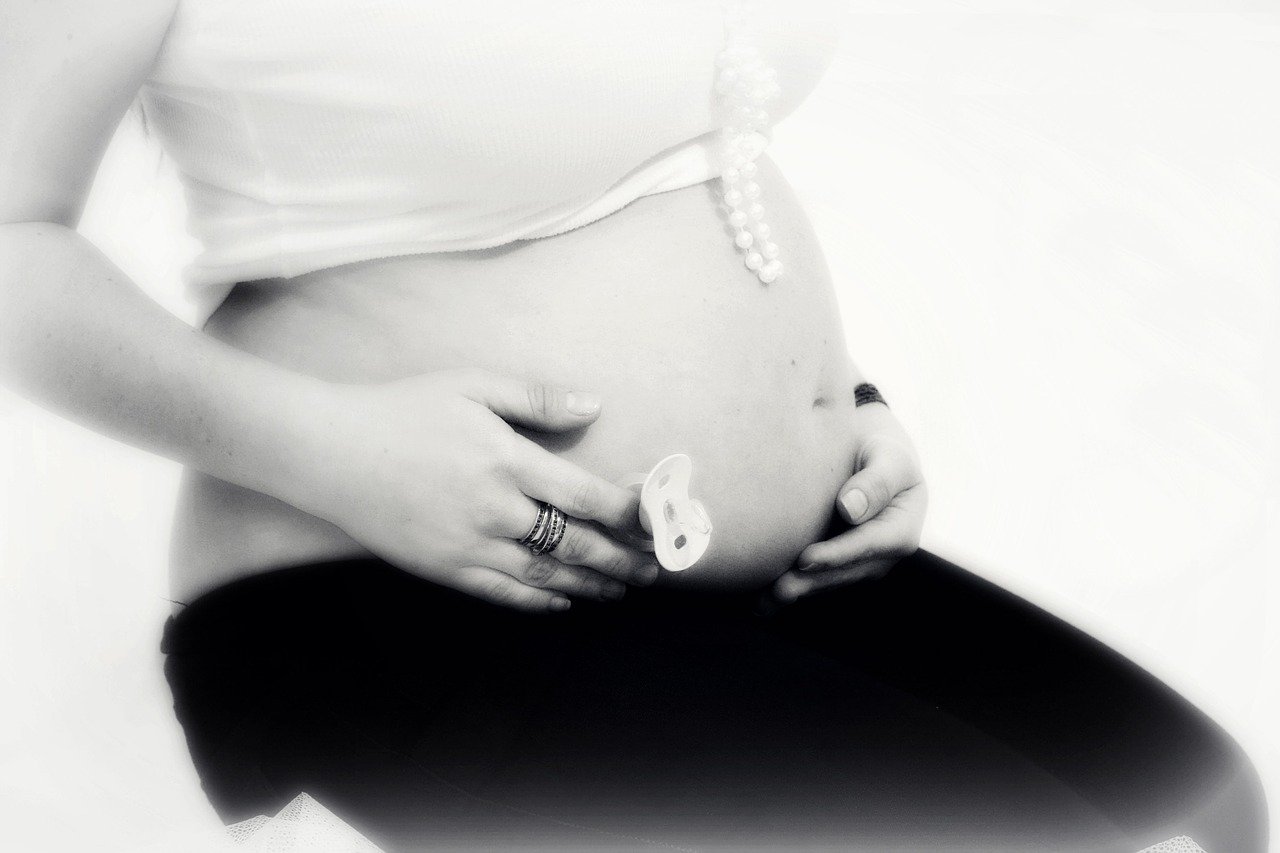In September 2019 researchers from South Africa published their review of the medical scientific literature to assess the effect of calcium supplementation, given before or early in pregnancy and for at least the first half of pregnancy, on pre-eclampsia and other hypertensive disorders, maternal morbidity and mortality, and foetal and neonatal outcomes. Only one study involving 1,355 women from Argentina, South Africa and Zimbabwe was identified in the literature. However, it was noted that the analysis was only undertaken in the 633 women who had conceived or on the 579 women who had reached 20 weeks’ gestation. It was also noted that the study had a moderate risk of bias. Non-pregnant women with previous pre-eclampsia received either calcium 500 mg daily or placebo from enrollment until 20 weeks’ gestation. All individuals then received calcium 1.5 g daily from 20 weeks until birth. Results showed that calcium supplementation commencing before conception appeared to make little or no difference to the risk of pre-eclampsia. However, calcium supplementation was found to slightly reduce pre-eclampsia or pregnancy loss or stillbirth (or both) at any gestational age (low-quality evidence). In addition, supplementation appeared to make little or no difference to the severe maternal morbidity and mortality, pregnancy loss or stillbirth at any gestational age or caesarian section (low-quality evidence). Calcium supplementation also appeared to make little or no difference to a low birthweight, preterm birth, and pregnancy loss, stillbirth or neonatal death before discharge (low-quality evidence). There was also no clear evidence on whether or not calcium might make a difference to perinatal death, or neonatal intensive care unit admission, or both (low-quality evidence). It was also unclear what impact calcium supplementation had on Apgar score, early onset pre-eclampsia, eclampsia, placental abruption, intensive care unit admission, maternal death, length of hospital stay following the birth and pregnancy loss before 20 weeks’ gestation. The researchers concluded that calcium supplementation before and early in pregnancy may reduce the risk of women experiencing pre-eclampsia or pregnancy loss at any gestational age, although the results were inconclusive for all other outcomes. The current evidence therefore neither supports nor refutes the routine use of calcium supplementation before conception and in early pregnancy. Further research is required to confirm whether starting calcium supplementation pre- or in early pregnancy is associated with a reduction in adverse pregnancy outcomes for mother and baby.
Hofmeyr GJ et al. Calcium supplementation commencing before or early in pregnancy, for preventing hypertensive disorders of pregnancy. Cochrane Database Syst Rev. 2019 Sep 16;9:CD011192.

